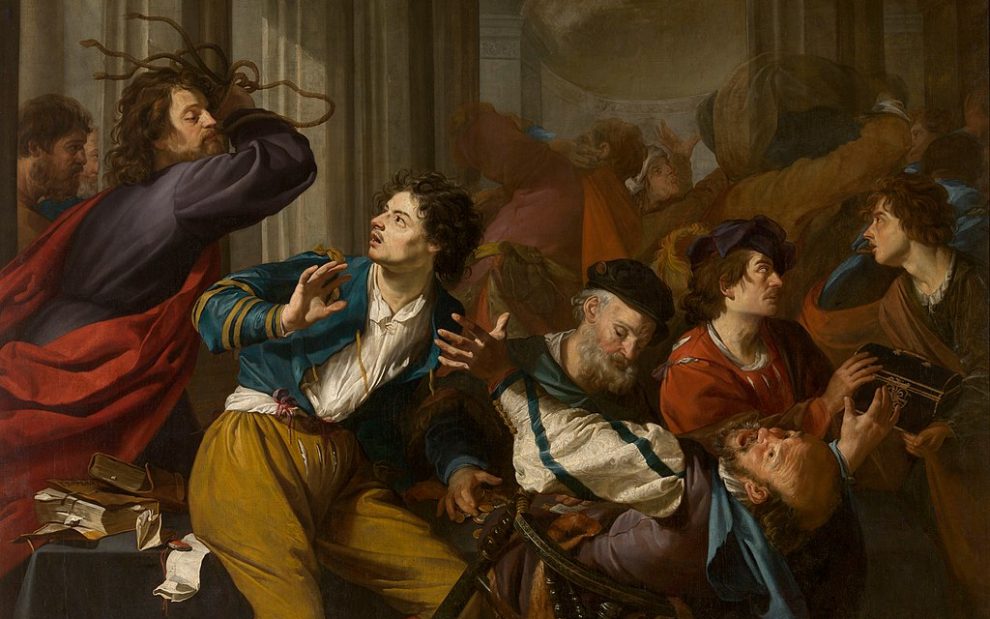Last March, I was invited to offer a Lenten reflection at St. Thomas More in Atlanta. I was also honored to give the keynote address at the Fortunate and Faithful Families Retreat—a gathering for LGBTQ+ Catholics, their parents, and their families.
Throughout that weekend, questions echoed again and again: What do we need to keep going in our ministry? And even more urgently: How do we continue this work amid the rising challenges our communities face? Despite the heaviness of those questions, that weekend gave me hope. It reminded me that as long as we choose to stand together in community, love will not be extinguished.
As someone whose life is shaped by an intersectional identity, however, both the LGBTQ+ community and my immigrant community were deeply present in my heart during that trip.
As an immigration attorney, I had been hearing increasingly alarming reports of Immigration and Customs Enforcement (ICE) activity in airports. Fear had gripped many of my clients and community members. I knew that the administration wasn’t just targeting undocumented people—it was also going after some who came here legally or who held temporary legal status or visas.
For decades, certain political forces in our country have fueled rhetoric built on blame—pointing fingers at already marginalized communities whenever something goes wrong. Corporate and political interests have invested heavily in these narratives, turning the vulnerable against one another: women against trans people, children against gay people, everyone against immigrants, brown people against Black people, the middle class against the poor. Even in spaces that aim to be inclusive, I’ve seen a painful lack of intersectionality—a failure to see how our struggles are intertwined.
So I ask: How do we live our faith in these times?
Remember the words of Paul in Galatians 3:28: “There is no longer Jew or Greek; there is no longer slave or free; there is no longer male and female, for all of you are one in Christ Jesus.”
The gospel is not neutral. It does not stand idly by. It is biased toward justice with a preferential option for the poor and the vulnerable. When the marginalized are attacked, when powerful interests target the vulnerable, we are called not to be silent but to flip the tables, just as Jesus did, and expose the corruption, greed, and violence that harm God’s people.
Above all, we are called to love God with all our hearts and to love our neighbor as ourselves.
And who is our neighbor? Jesus didn’t say, “Love the people who are closest to you first and leave the foreigners for later.” No. When asked this question, Jesus told the story of a man who was beaten, robbed, and left to die. After many passed him by, a Samaritan—a member of a group despised and considered unworthy of salvation—stopped, cared for him, and saved his life.
Jesus teaches us this: Salvation is tied to the ability to love the vulnerable person or group believed to be least worthy of mercy, forgiveness, and salvation.
The salvation of this country—both its democracy and its theoretical soul—depends on our willingness to stand with those we might otherwise ignore: the ones furthest from our lived experience, the ones deported without due process. Whether we stand for them now will determine the rights we all have tomorrow.
We are called to live a faith that is full of hope, free from fear, and fueled by love. Wherever you are, whoever you are, I invite you: Use whatever measure of privilege you have—however small—to take a stand, and when it is time to rebuild, help build a bigger, more inclusive table.
This article also appears in the June 2025 issue of U.S. Catholic (Vol. 90, No. 6, page 9). Click here to subscribe to the magazine.
Image: Wikimedia Commons
















Add comment